Posted on 5 June 2022 by David Merkel
Photo Credit: Marco Verch Professional Photographer || With some private investments, you can’t tell what the value truly is. Third party professional help occasionally assists dishonesty
Part of my career was based on concealing volatility. I sold Guaranteed Investment Contracts. I helped design and manage several different types of stable value funds. Life insurance contracts get valued at their book value, regardless of what the replacement cost of an equivalent contract would be like presently.
Anytime an investment pool with no current market price has a book value above the underlying value of the investments that it holds, there is risk to those holding the investment pool. The amount of risk can be small yet significant with some types of money market funds. It can be considerably larger in certain types of pooled investments like:
- Various types of business partnerships, including Private REITs, Real Estate Partnerships, Private Equity, etc.
- Illiquid debts, such as private credit funds, and notes with limited marketability, whether structured or not.
- Odd mutual funds that limit withdrawals because they offer “guarantees” of a sort. That applies to Variable Annuities with riders offering guaranteed benefits, if the life insurer becomes insolvent.
- One-off investment liquid partnerships that are secretive and unusual, like Madoff. The underlying may be illiquid, but the accounting may be fraudulent. Or, the accounting may be fine, but the assets listed are not what is in custody. (With small funds, analyze the auditor, trustees, and custodian.)
- The value of a company touted by a SPAC promoter may be worth considerably less than what is illustrated.
- Any investment in public equity or debt pool where the positions are concentrated, and they own a high percentage of the float, or a high amount of the securities relative to the amount that gets traded in an average month. Think of Third Avenue Focused Credit, or Archegos.
I have consistently encouraged readers to “look through” their pooled investments, and consider what the underlying is worth. If you only have a vague idea of what the underlying investments are, look at their public equivalents. A rising tide lifts almost all boats, and a falling tide does the opposite.
There is a conceit within private equity, private credit and private real estate funds that they are less risky; there is no volatility, because we cannot produce an NAV. They have the same volatility as the publicly traded funds, but the volatility is concealed. If trouble hits the public markets 50-75% of the way through the life of a private fund, it will have difficulty selling their investments at levels anywhere near the book value previously claimed by the sponsors.
With consent of the limited partners, perhaps they extend the life of the fund to try to recover value, but that also imposes an opportunity cost on holders who were expecting proceeds from the fund on schedule.
Remember as well that in a scenario like 1929-1932, private funds will be wiped out with similarly leveraged private funds. Aleph Blog has consistently warned about the possibility of depression, plague, war, famine, bad monetary policy and aggressive socialism. We have gotten plague, war, and bad monetary policy. Famine in a sense may come from the Ukraine war and trade restrictions on Russia, at least for the African countries that buy from them.
Thus I encourage readers to avoid private investments that promise no volatility, like the stupid ads for Equity Multiple that run on Bloomberg Radio. All investments involve some type of risk. Just because you can’t or don’t measure the risk doesn’t mean that there is no risk.
Don’t listen to investment sales pitches which tell you to avoid the volatility of the public equity and debt markets, when they are taking the exact same risks in the private market, and they cannot or will not measure the risks for you, no matter how thick or thin the “disclosure” document is.
There is no significant advantage in the private market over the public market. Indeed, the reverse may be true. (Yes, I meant all of the ambiguity there.) Look to the underlying, and invest accordingly. Look at fees, and try to minimize them. Prize transparency, because it reduces risk in the long run. Those who are honest are transparent.
Posted in General




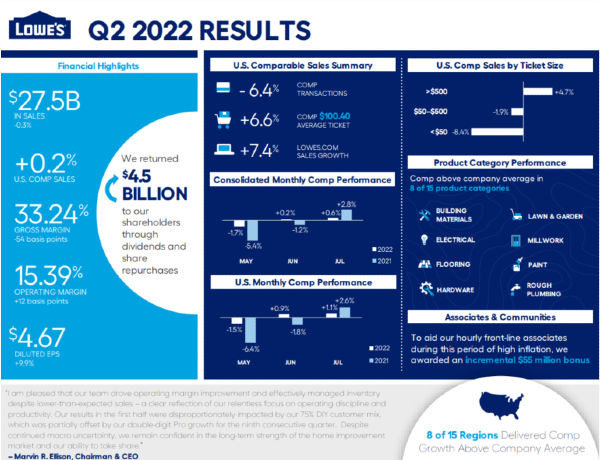


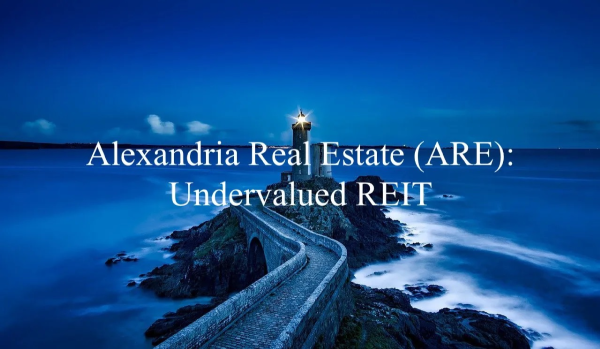

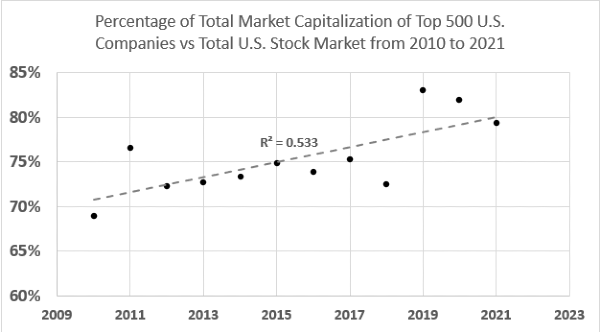
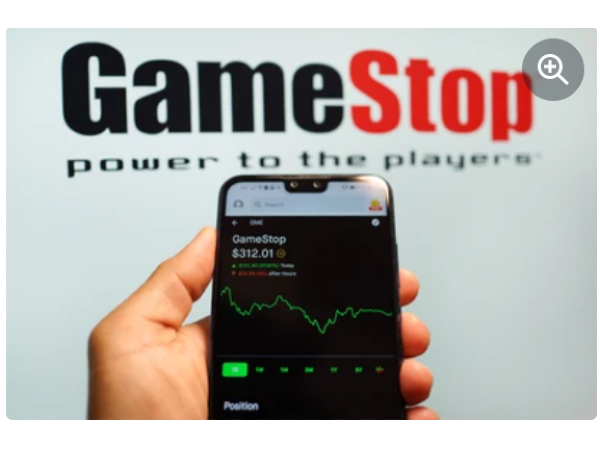

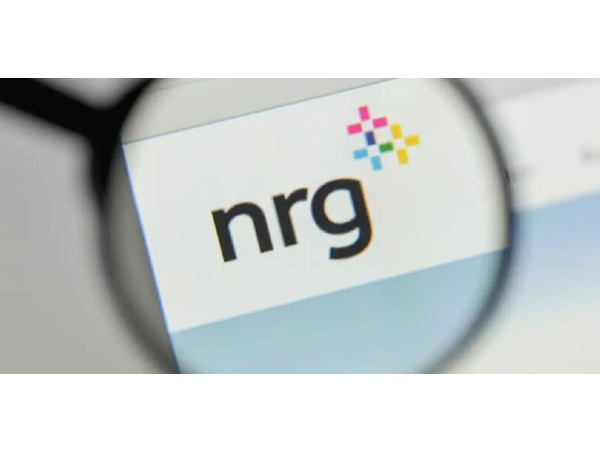




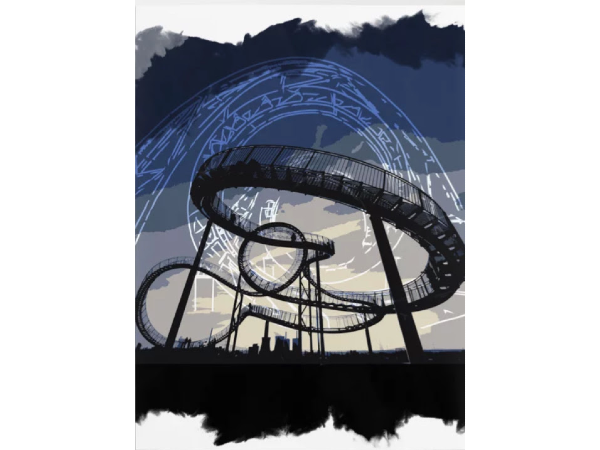
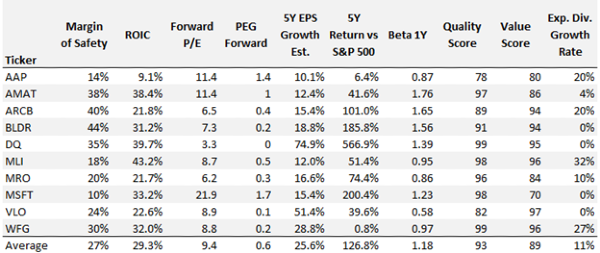

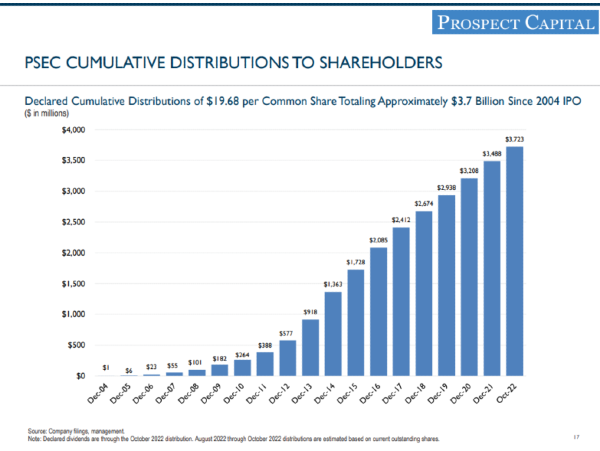









Posted on 5 June 2022 by David Merkel
Photo Credit: Marco Verch Professional Photographer || With some private investments, you can’t tell what the value truly is. Third party professional help occasionally assists dishonesty
Part of my career was based on concealing volatility. I sold Guaranteed Investment Contracts. I helped design and manage several different types of stable value funds. Life insurance contracts get valued at their book value, regardless of what the replacement cost of an equivalent contract would be like presently.
Anytime an investment pool with no current market price has a book value above the underlying value of the investments that it holds, there is risk to those holding the investment pool. The amount of risk can be small yet significant with some types of money market funds. It can be considerably larger in certain types of pooled investments like:
I have consistently encouraged readers to “look through” their pooled investments, and consider what the underlying is worth. If you only have a vague idea of what the underlying investments are, look at their public equivalents. A rising tide lifts almost all boats, and a falling tide does the opposite.
There is a conceit within private equity, private credit and private real estate funds that they are less risky; there is no volatility, because we cannot produce an NAV. They have the same volatility as the publicly traded funds, but the volatility is concealed. If trouble hits the public markets 50-75% of the way through the life of a private fund, it will have difficulty selling their investments at levels anywhere near the book value previously claimed by the sponsors.
With consent of the limited partners, perhaps they extend the life of the fund to try to recover value, but that also imposes an opportunity cost on holders who were expecting proceeds from the fund on schedule.
Remember as well that in a scenario like 1929-1932, private funds will be wiped out with similarly leveraged private funds. Aleph Blog has consistently warned about the possibility of depression, plague, war, famine, bad monetary policy and aggressive socialism. We have gotten plague, war, and bad monetary policy. Famine in a sense may come from the Ukraine war and trade restrictions on Russia, at least for the African countries that buy from them.
Thus I encourage readers to avoid private investments that promise no volatility, like the stupid ads for Equity Multiple that run on Bloomberg Radio. All investments involve some type of risk. Just because you can’t or don’t measure the risk doesn’t mean that there is no risk.
Don’t listen to investment sales pitches which tell you to avoid the volatility of the public equity and debt markets, when they are taking the exact same risks in the private market, and they cannot or will not measure the risks for you, no matter how thick or thin the “disclosure” document is.
There is no significant advantage in the private market over the public market. Indeed, the reverse may be true. (Yes, I meant all of the ambiguity there.) Look to the underlying, and invest accordingly. Look at fees, and try to minimize them. Prize transparency, because it reduces risk in the long run. Those who are honest are transparent.
Posted in General
Originally Posted in The Aleph Blog